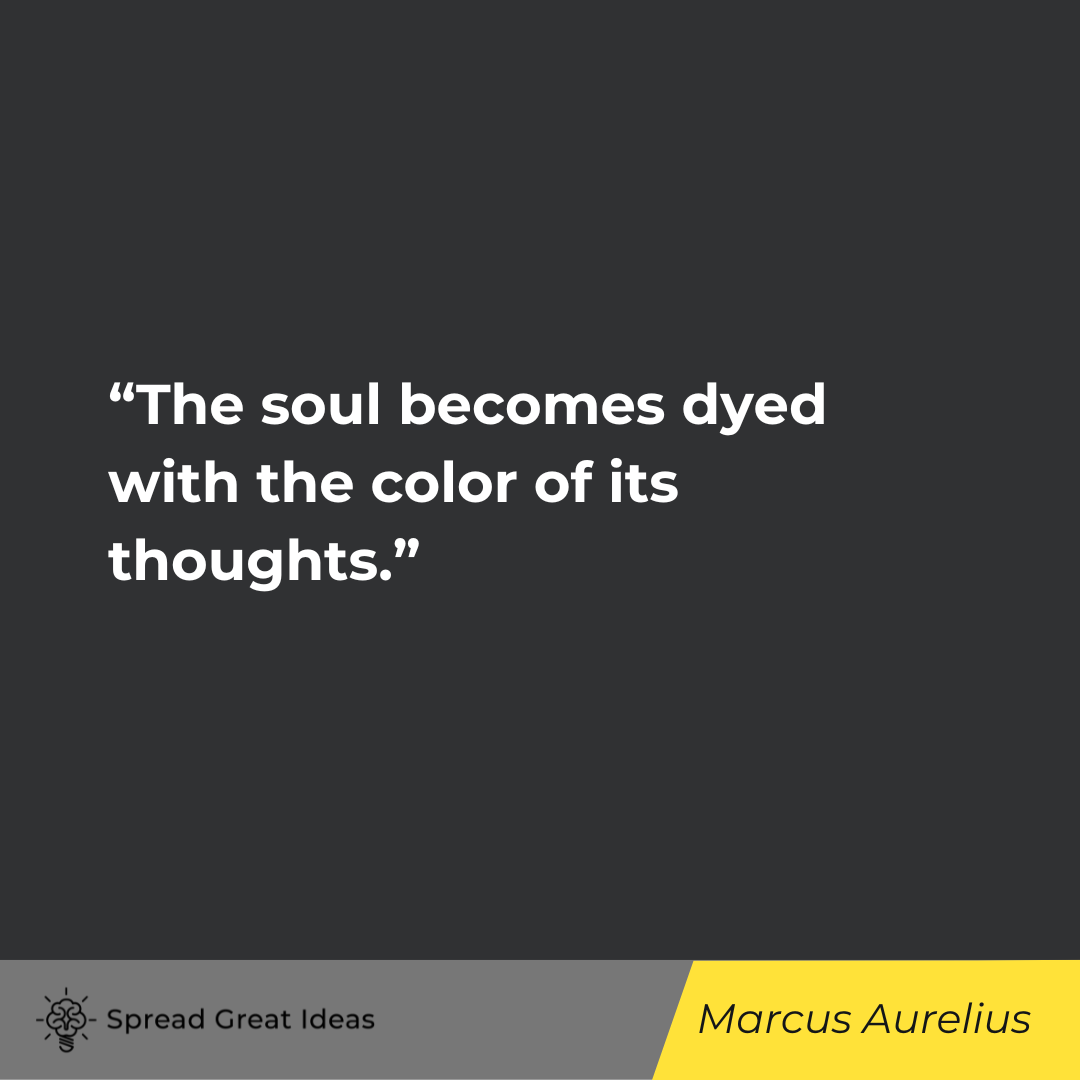Table of Contents
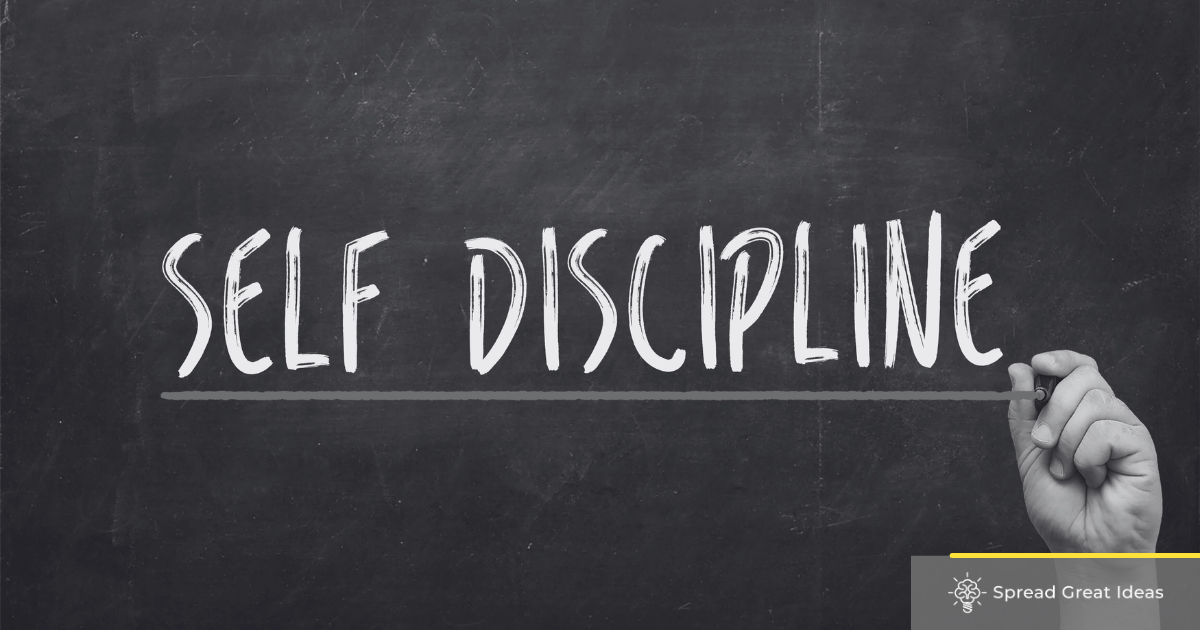
Discipline. The very word can sometimes seem oppressive. In our modern and bustling society, it’s easy to forget the importance of self-control. We seek a sense of freedom and spontaneity, often learning our lessons the hard way.
As we recover from our occasional missteps, we come to realize the true power of self-discipline, and how self-discipline can lead to true personal sovereignty.
The idea of discipline resonates in multiple facets of our life, from sports to personal growth and spirituality.
It’s a fundamental principle of resilience, of embracing life’s most daunting challenges and hardships. From diet and exercise to finance and psychological management, discipline is a prerequisite to success.
This collection of quotes on self-discipline distills the wisdom of some of history’s greatest minds. These words will provide you with guidance and clarity on your own journey of self-improvement.
Quotes About Self-Control and Controlling Your Emotions
Confucius
“He who conquers himself is the mightiest warrior.”
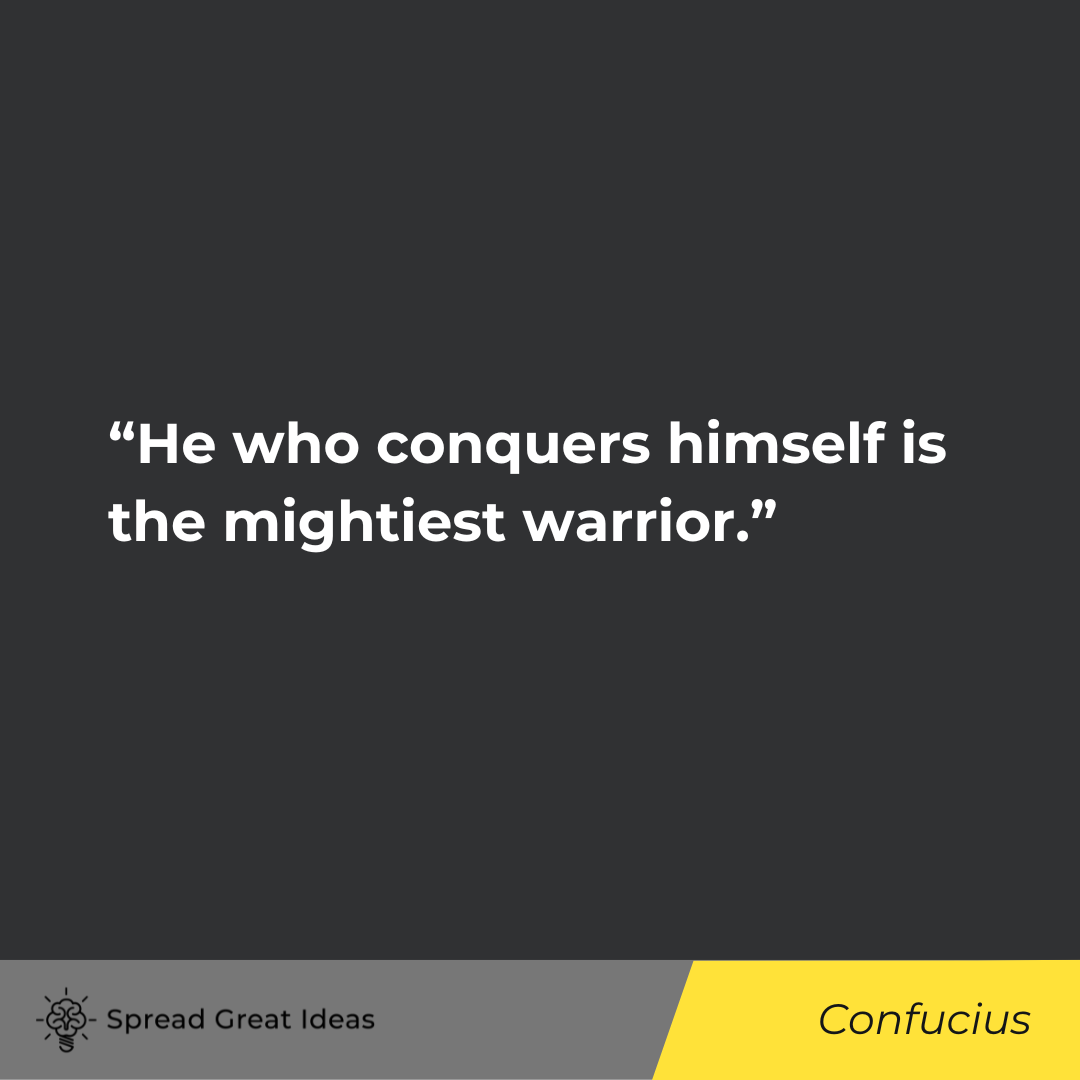
Plato
“The first and greatest victory is to conquer yourself.”
– Plato
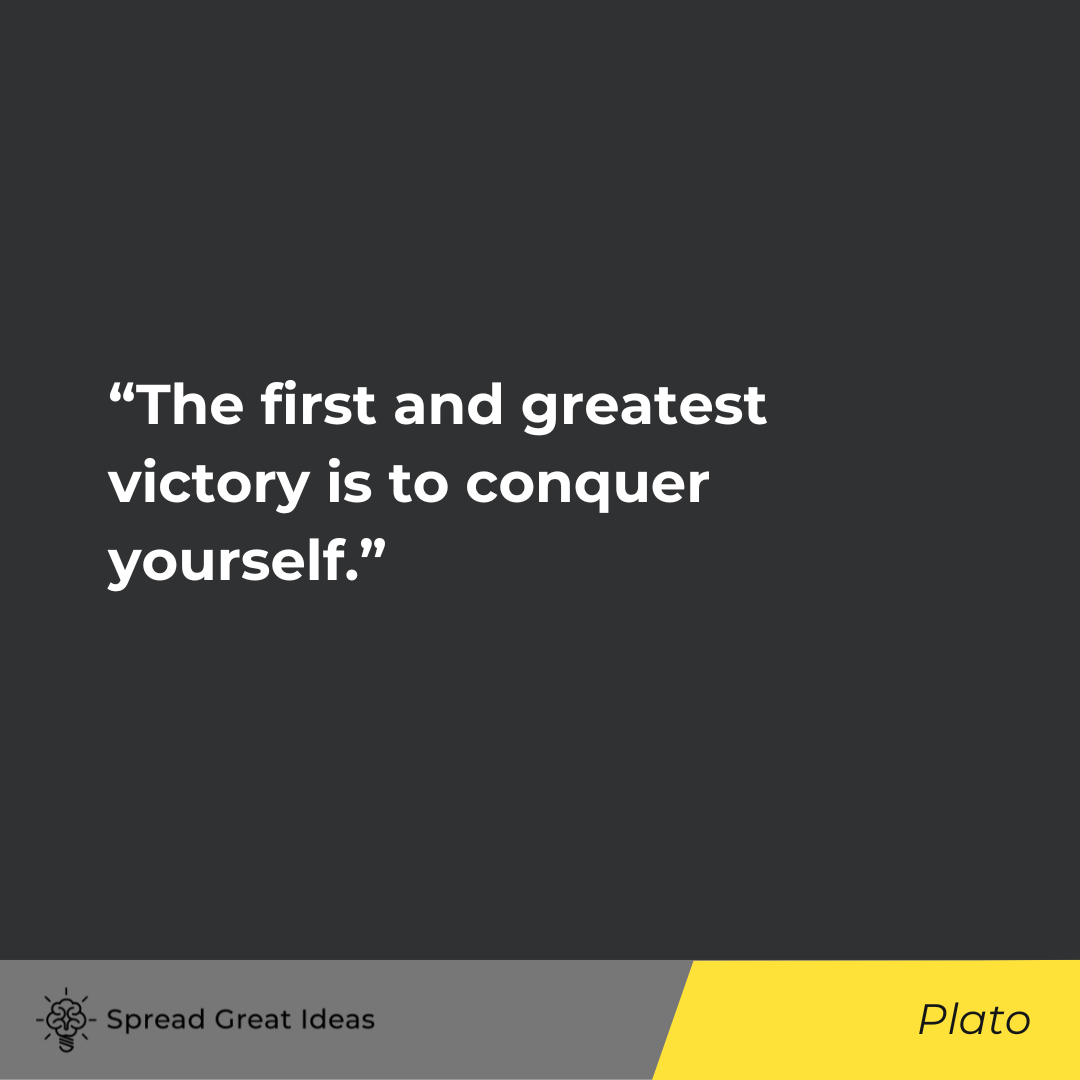
Aldous Huxley
“Experience is not what happens to you — it’s how you interpret what happens to you.”
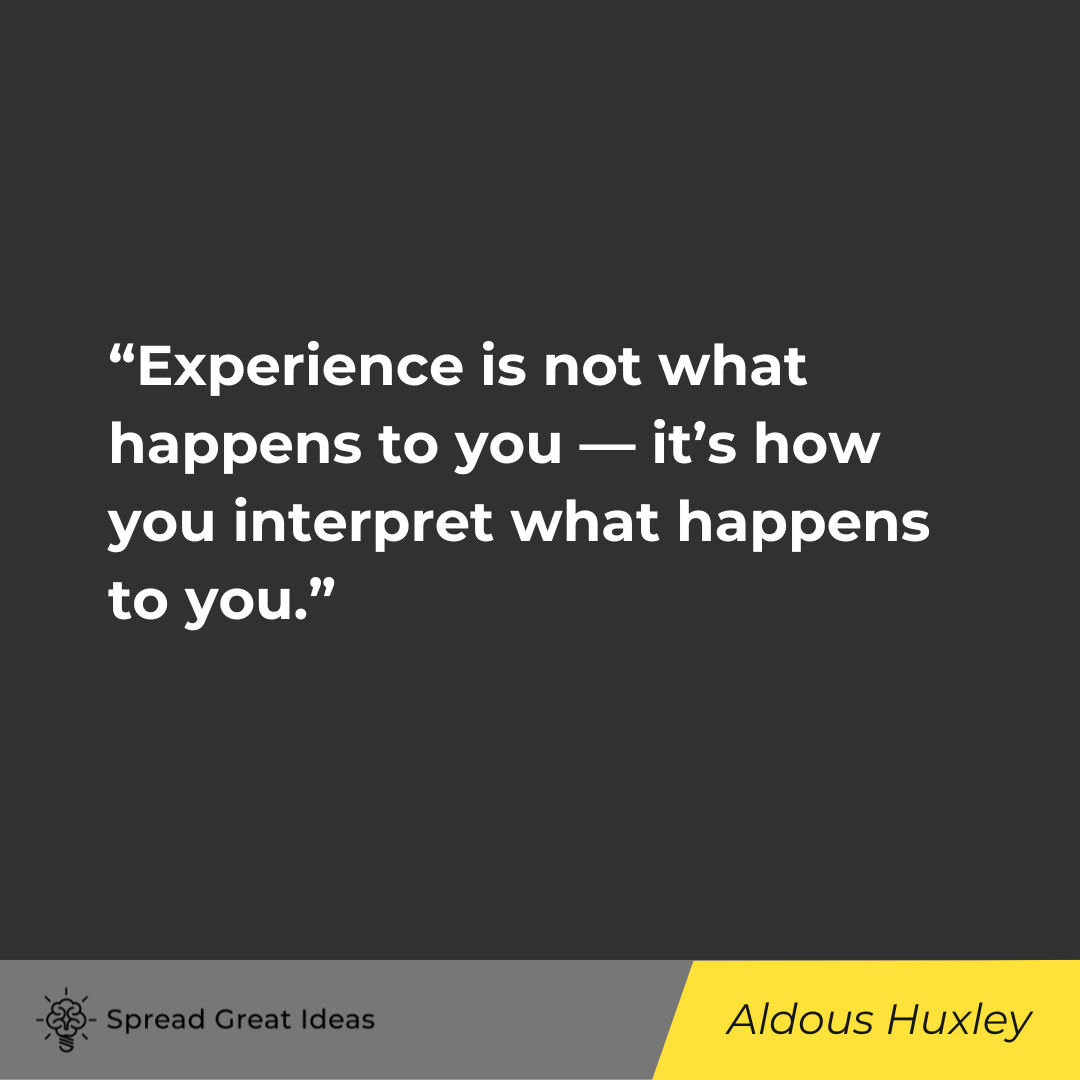
Johann Wolfgang von Goethe
“To think is easy. To act is hard. But the hardest thing in the world is to act in accordance with your thinking.”
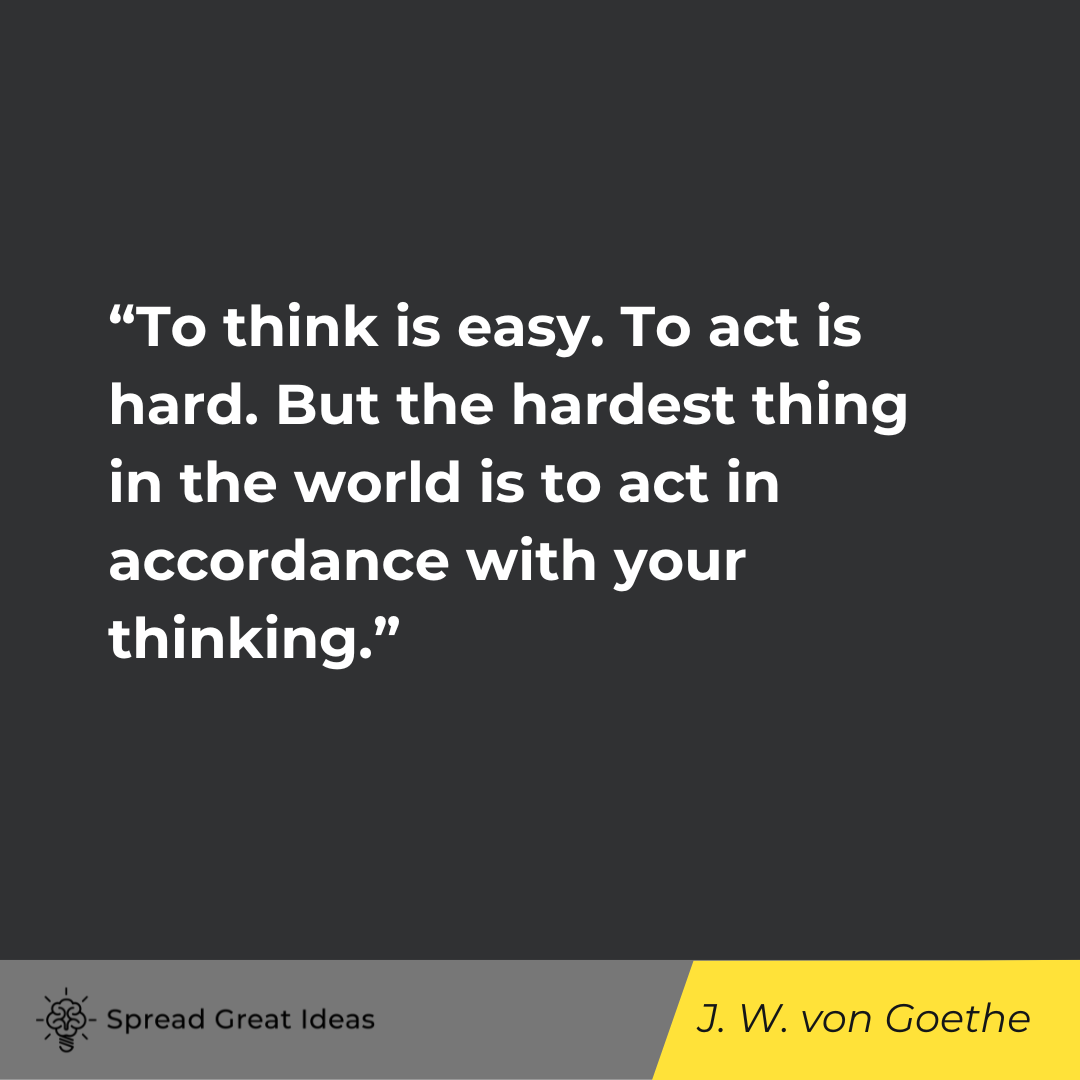
Benjamin Franklin
“Whatever is begun in anger, ends in shame.”
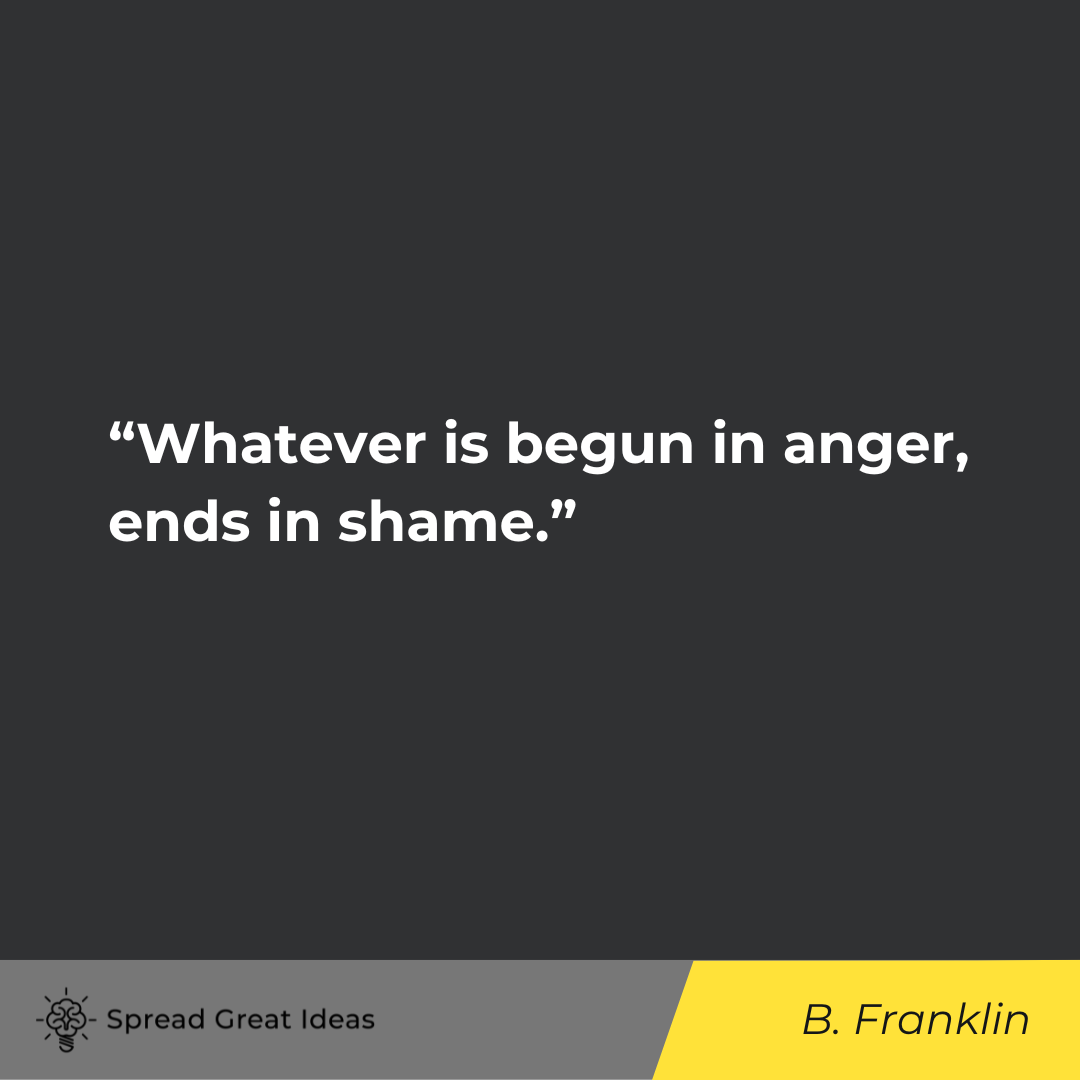
Lao Tzu
“Mastering others is strength. Mastering yourself is true power.”
– Lao Tzu
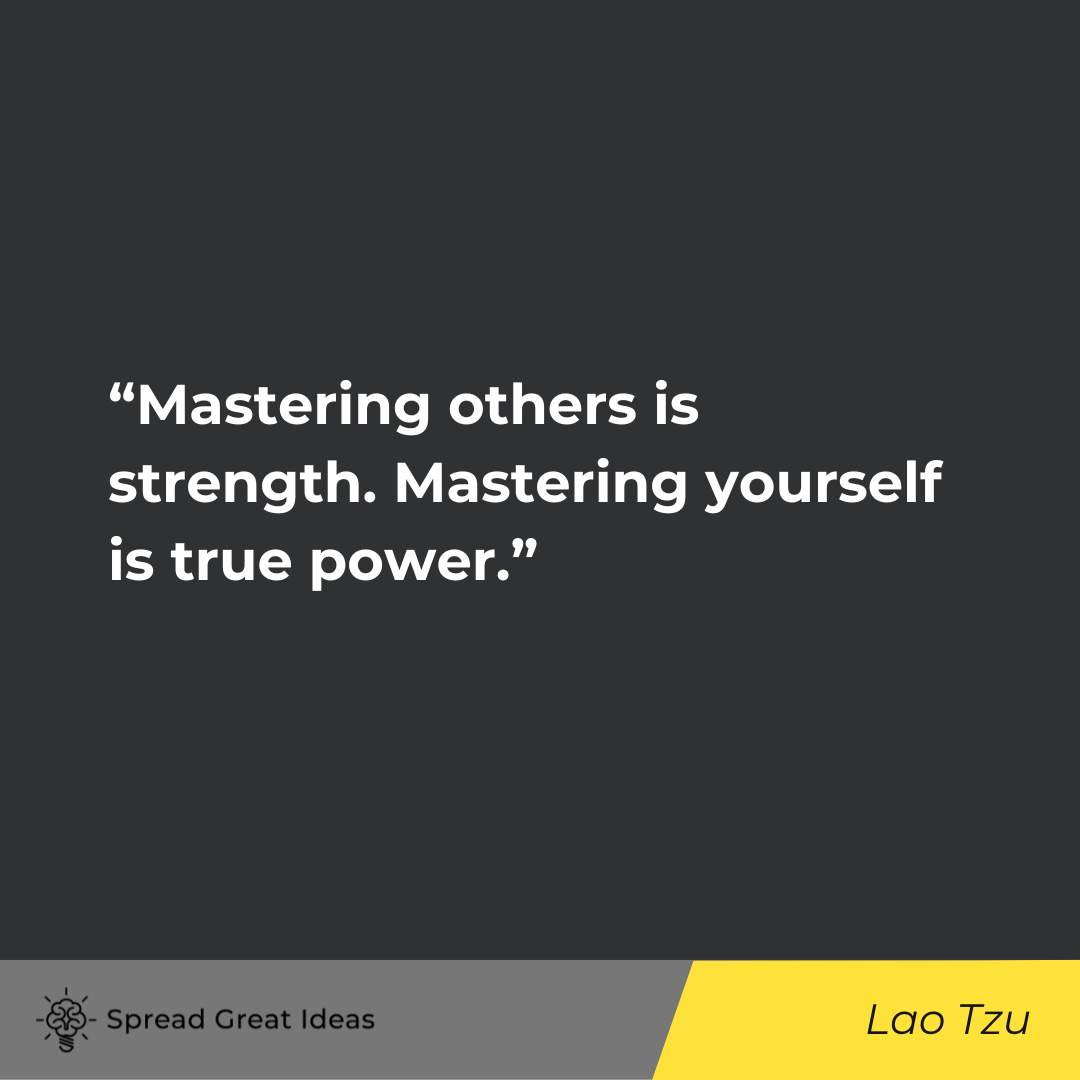
Epictetus
“If someone succeeds in provoking you, realize that your mind is complicit in the provocation.”
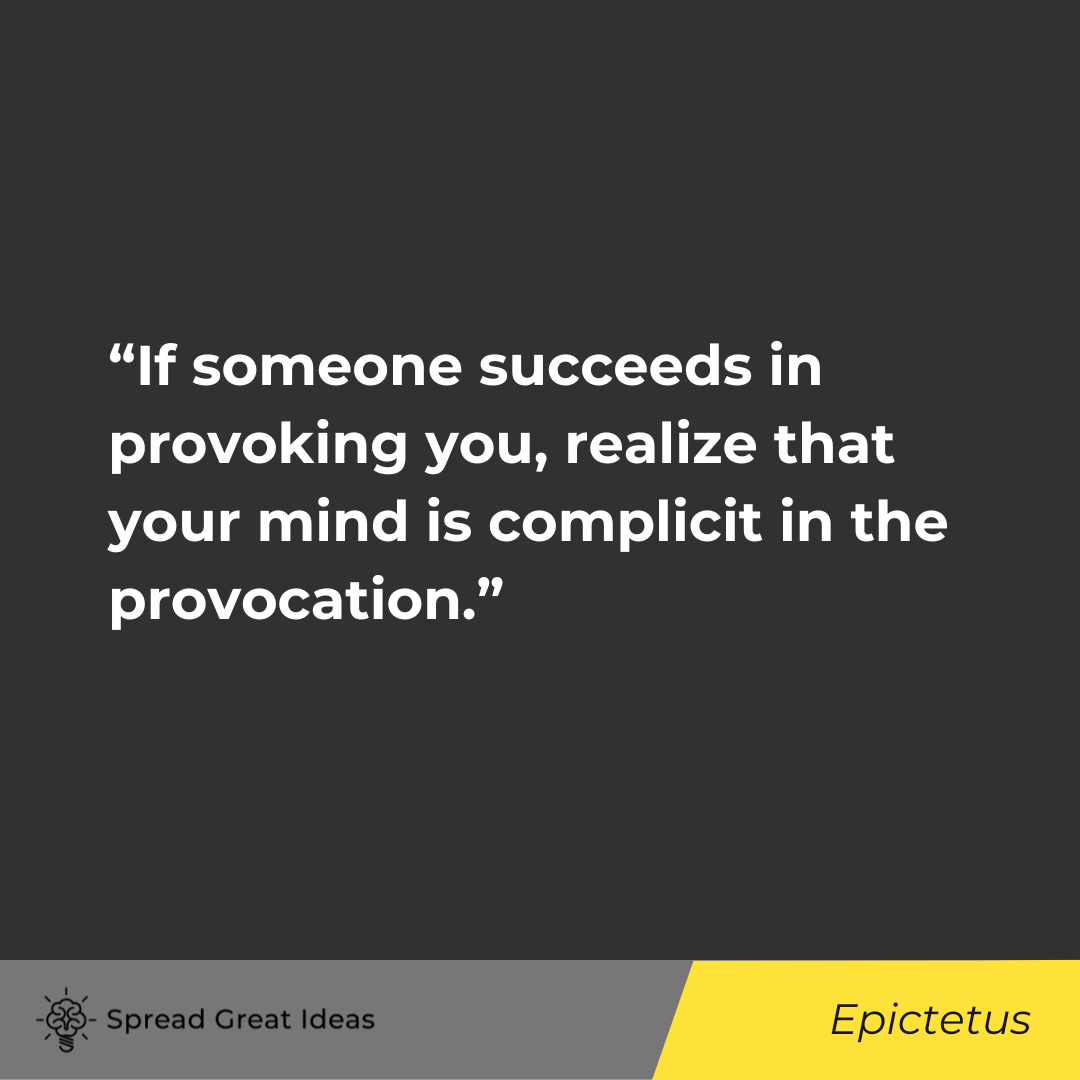
Oli Anderson
“Unleash in the right time and place before you explode at the wrong time and place.”
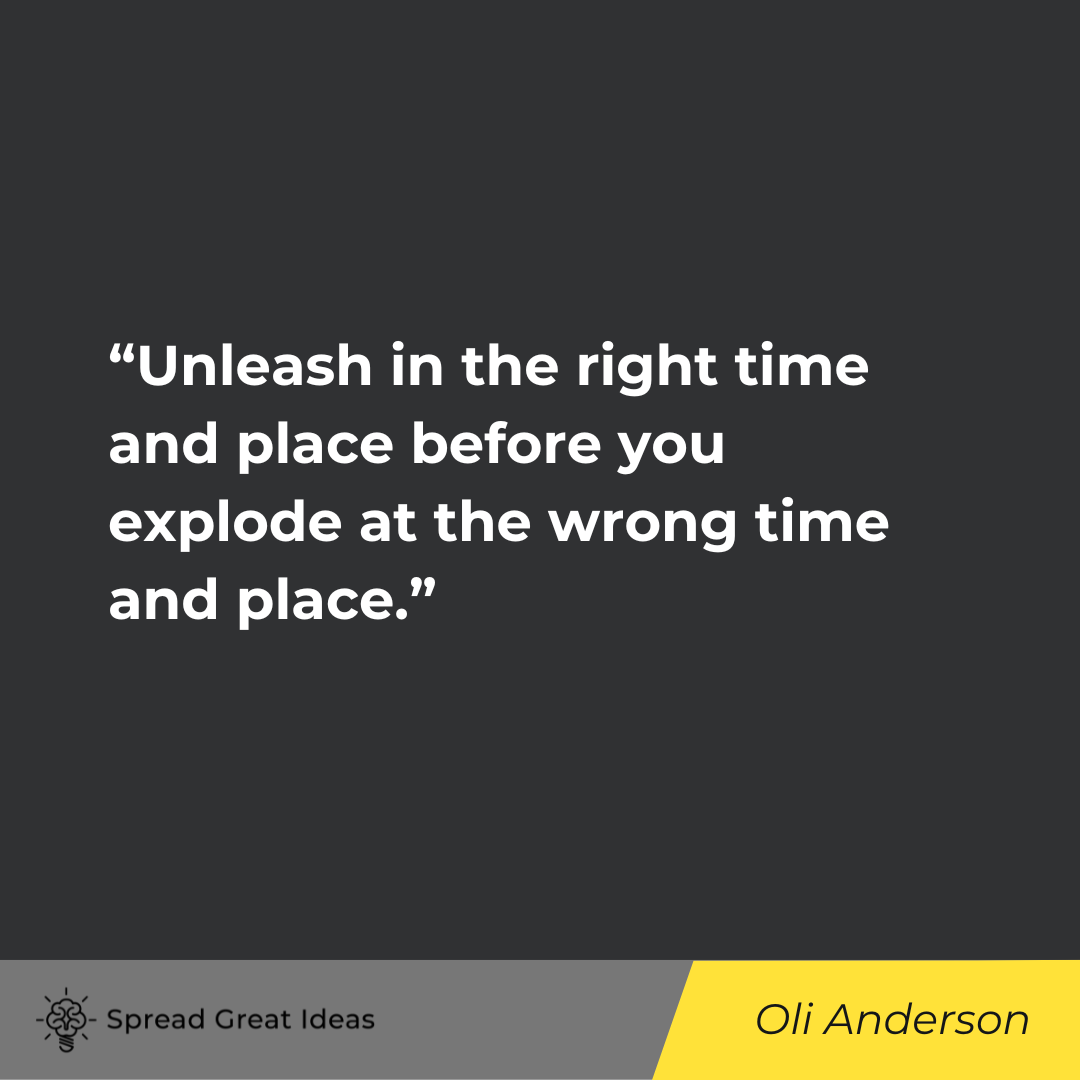
Mavis Mazhura
“Emotions can get in the way or get you on the way.”
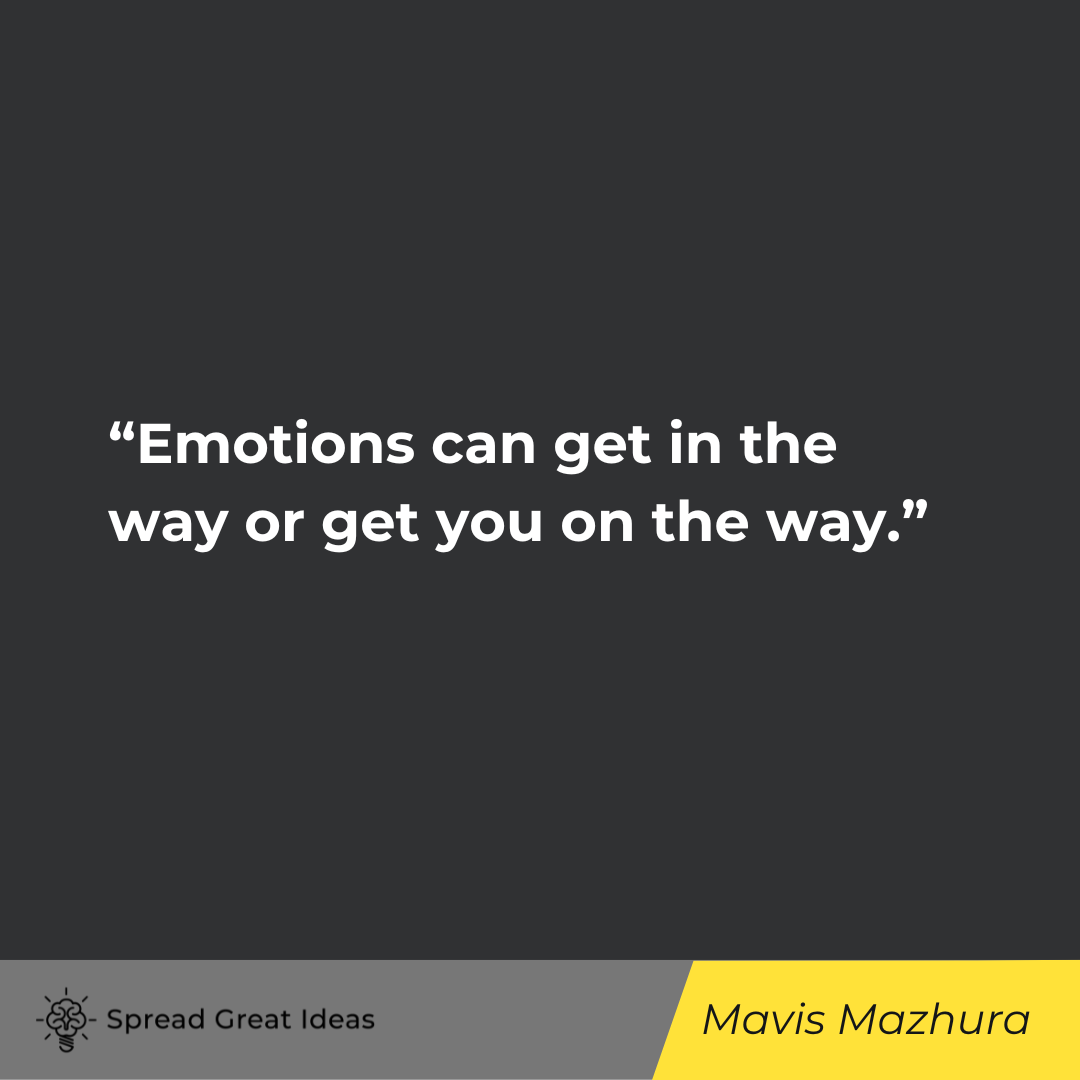
Robert K. Cooper
“If we lack emotional intelligence, whenever stress rises the human brain switches to autopilot and has an inherent tendency to do more of the same, only harder. Which, more often than not, is precisely the wrong approach in today’s world.”
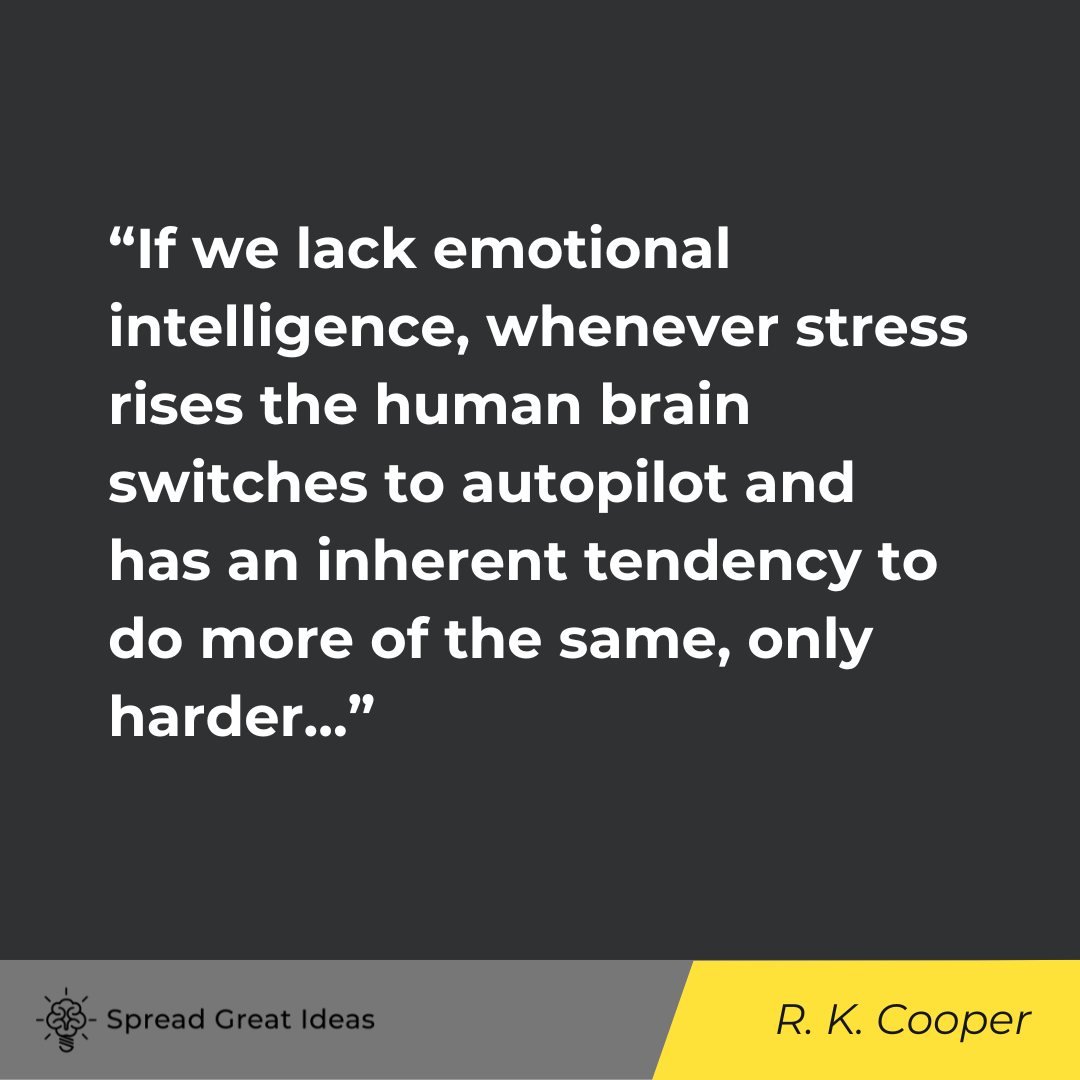
Hermann Hesse
“I am superior to you only in one point: I’m awake, whereas you are only half awake, or completely asleep sometimes. I call a man awake who knows in his conscious reason his innermost unreasonable force, drives, and weaknesses and knows how to deal with them.”
– Hermann Hesse, Narcissus and Goldmund
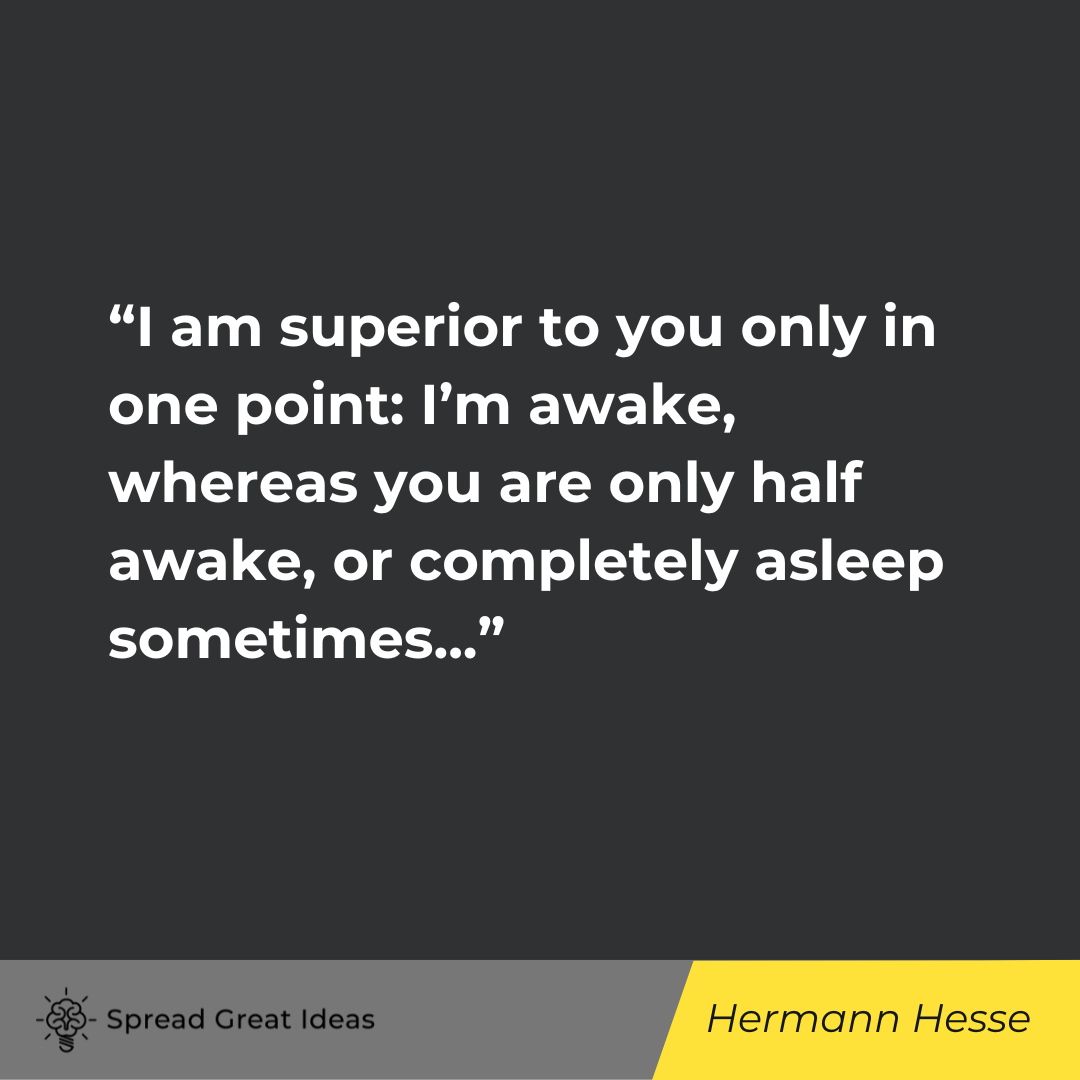
Bruce Lee
“You will continue to suffer if you have an emotional reaction to everything that is said to you. True power is sitting back and observing everything with logic; if words control you that means everyone else can control you. Breathe and allow things to pass.”
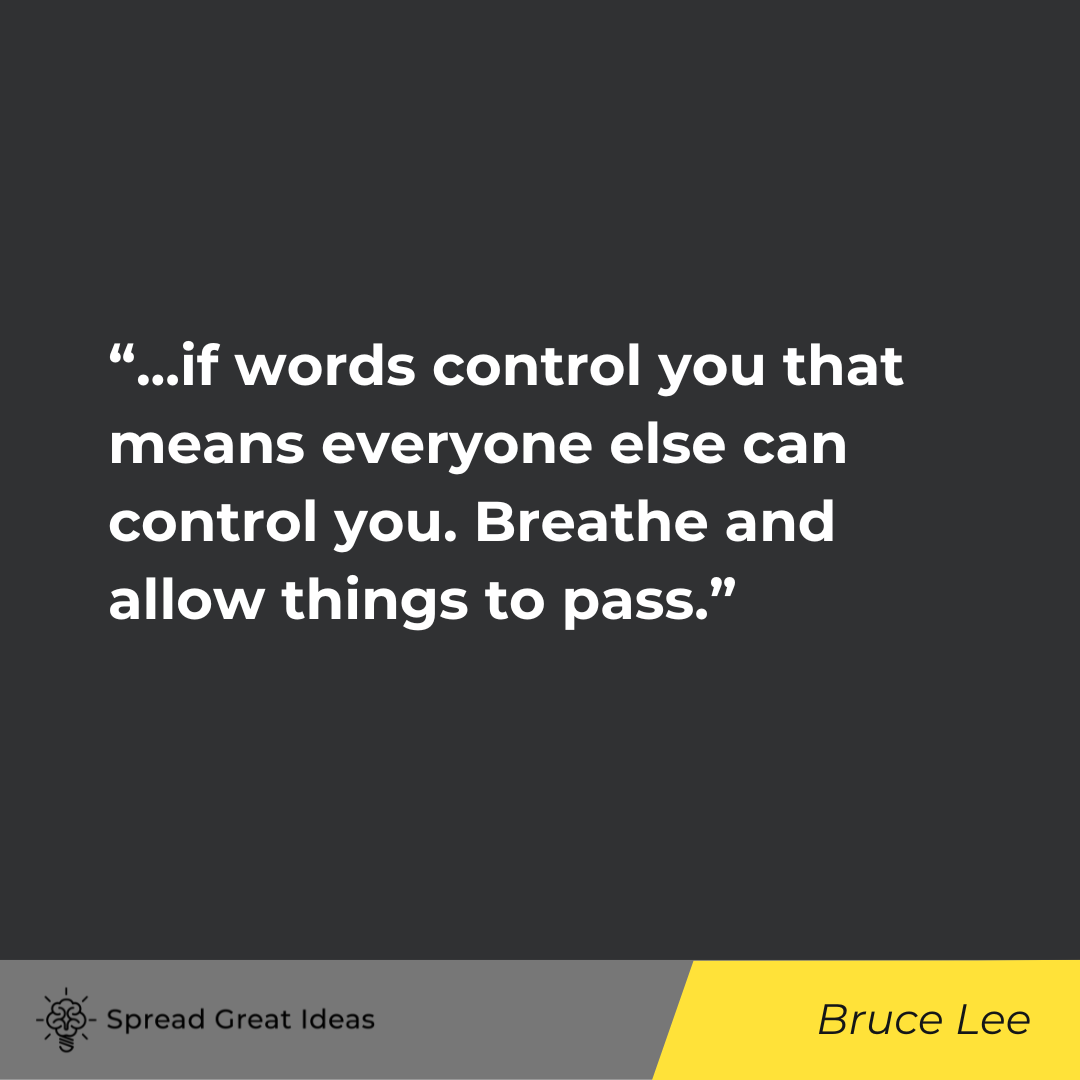
Marcus Aurelius
“The soul becomes dyed with the color of its thoughts.”
– Marcus Aurelius, Meditations
